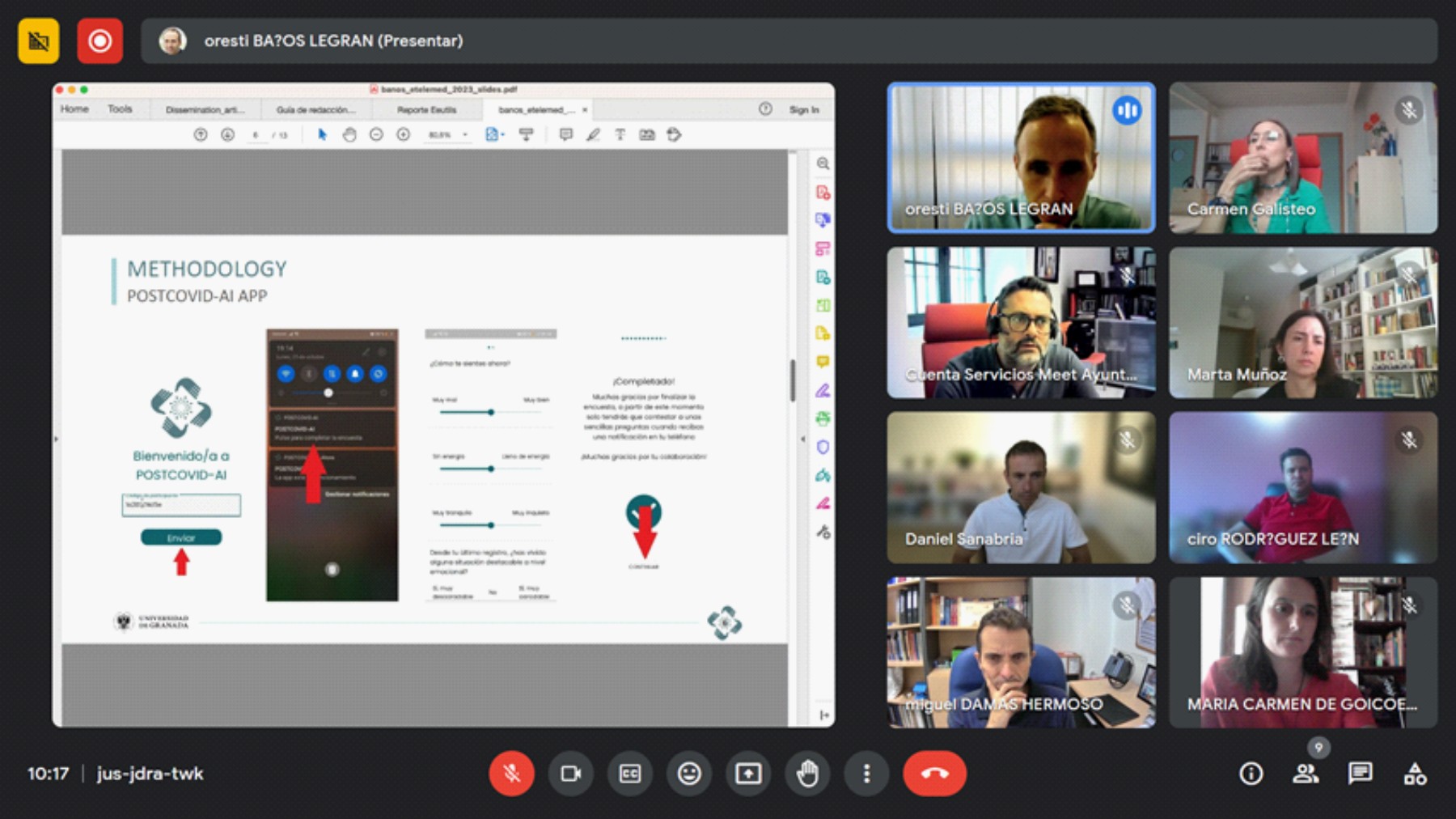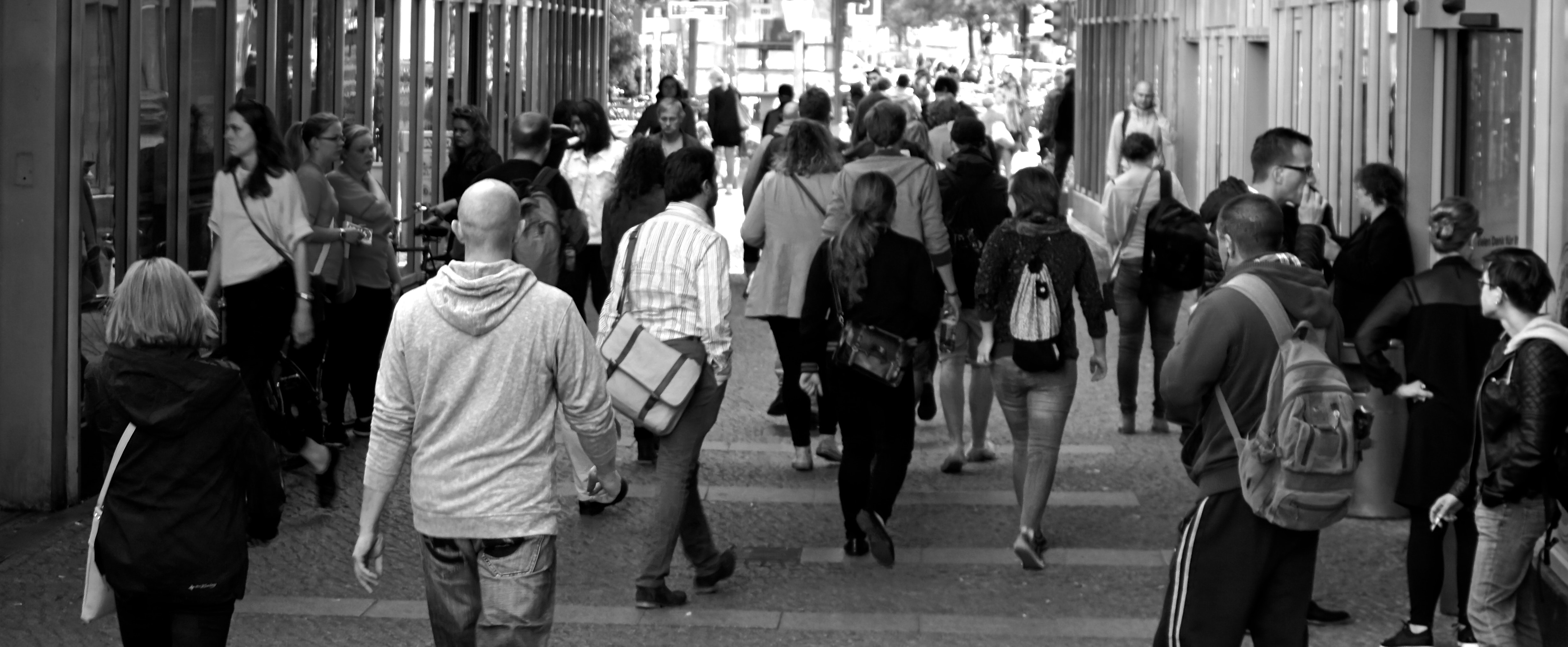The POSTCOVID-AI project was born with a double intention: to help society and to advance the scientific field. We are almost at the end of this journey, which has turned out to be more enriching than we could have ever imagined. The generosity of our colleagues at the City Council of Montilla (Cordoba, Spain), with whom we started a collaboration a few months ago, has become an example of what inspired this project.
At our last meeting, we took a step further. In addition to finalising outstanding issues about the use of the project tool in the programme promoting physical activity among retired people, we explored the possibility of promoting the general participation of the residents of Montilla. This idea would fulfil the dual intention of the project. In terms of helping society, the tool would provide objective information on population well-being, allowing stakeholders to make decisions based on this data and for the neighbours' benefit. From a scientific point of view, this opportunity would allow the results obtained at the national level in the two previous studies carried out within the project to be replicated at the local level. In addition, by obtaining more evidence on the functioning of the tool, it would become more powerful for future use cases.
This has only just begun, but we are very excited to carry out this project together with the City Council of Montilla. We would like to thank Carmen, Marta, Alicia and Manolo for making this possible.


